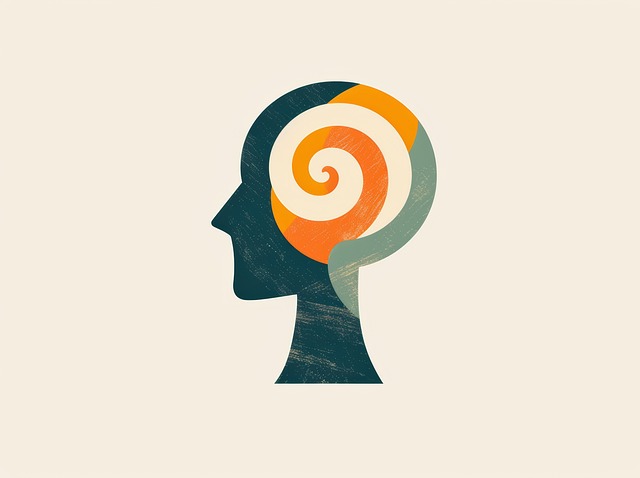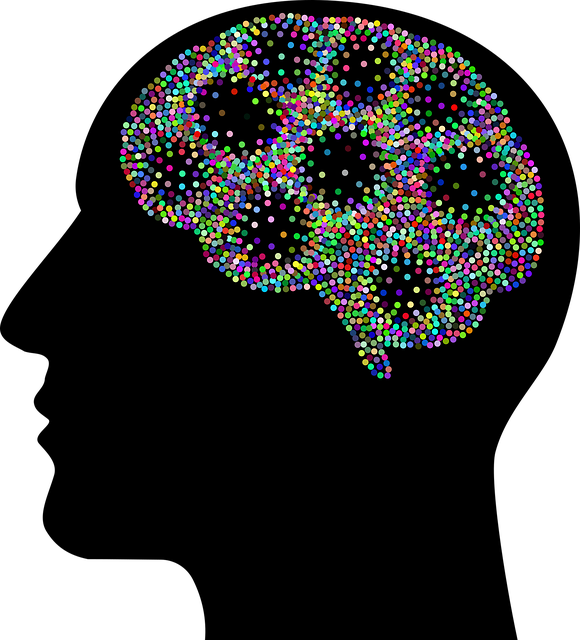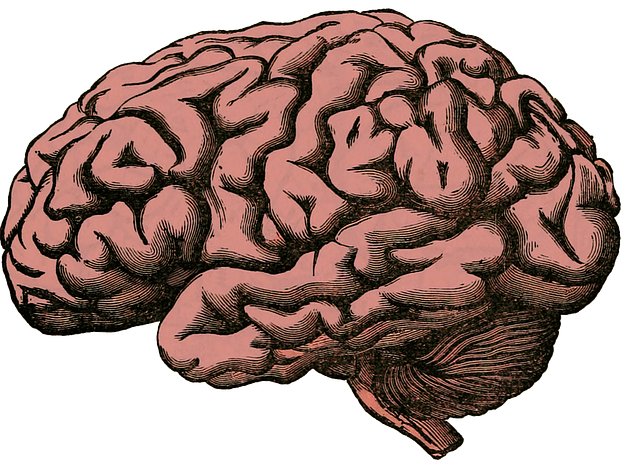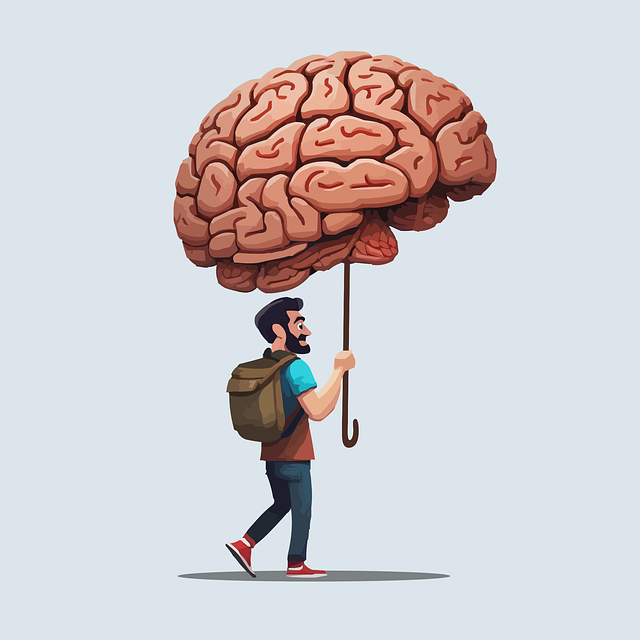Mindfulness meditation emerges as a promising therapy for elders with Oppositional Defiance Disorder (ODD), offering techniques to cultivate present-moment focus and emotional awareness. Through community outreach programs, guided meditations, and journaling exercises, seniors learn to regulate emotions, improve impulse control, and enhance overall mental wellness. Starting small with daily breathing exercises, consistent practice in distraction-free environments, and integrating mindfulness into routines can lead to significant benefits, including improved social skills, empathy, and quality of life for elders managing ODD holistically.
Mindfulness meditation offers a transformative practice for elders dealing with Oppositional Defiance Disorder (ODD). This article provides practical guidance on how mindfulness can be incorporated into daily routines, addressing challenges and maximizing benefits. We explore strategies tailored to elders, leveraging mindfulness to enhance focus, reduce irritability, and promote emotional well-being. By understanding the power of mindfulness meditation, caregivers and practitioners can harness its potential as an effective therapy for ODD in this demographic.
- Understanding Mindfulness Meditation for Elders with ODD
- Practical Tips for Incorporating Mindfulness into Daily Routines
- Overcoming Challenges and Maximizing Benefits of Mindfulness Practice
Understanding Mindfulness Meditation for Elders with ODD

Mindfulness meditation has gained recognition as a powerful tool for elders facing challenges like Oppositional Defiance Disorder (ODD). This ancient practice offers a unique approach to therapy, focusing on the present moment and cultivating awareness. For seniors with ODD, mindfulness can be transformative, providing an avenue to manage impulsivity and improve emotional regulation. By encouraging non-judgmental observation of thoughts and feelings, it fosters empathy building strategies, which are crucial in mitigating behavior often associated with ODD.
Community outreach program implementations that incorporate mindfulness meditation have shown promising results. These programs provide a supportive environment where elders can learn and practice techniques to enhance their mental wellness. Additionally, journaling exercises guided by mindfulness principles can aid in self-reflection and emotional processing. Through regular practice, elders can develop resilience, leading to better coping mechanisms and improved quality of life.
Practical Tips for Incorporating Mindfulness into Daily Routines

Incorporating mindfulness into daily routines can be a transformative practice, offering significant benefits for mental health and overall well-being. For elders with Oppositional Defiance Disorder (ODD), mindfulness meditation serves as a powerful therapy tool. Start by dedicating just 10 minutes each day to practice; this could be during a quiet morning or before bedtime. Begin with simple breathing exercises, focusing on the sensation of air entering and leaving your body. This anchors you in the present moment and cultivates a sense of calm. Over time, expand your practice by exploring guided meditations tailored for ODD management, which can help regulate emotions and improve impulse control.
Integrating mindfulness into daily life requires consistency and patience. Consider setting reminders or using apps designed for meditation tracking to stay on course. Engage in activities that facilitate mindfulness, such as mindful walking or eating, where you pay close attention to the experience of each action. By incorporating these practices, elders with ODD can enhance their coping strategies, improve risk management planning (as discussed in Risk Management Planning for Mental Health Professionals), and even foster better community outreach (through shared meditation groups) while implementing effective risk assessment techniques (for Mental Health Professionals).
Overcoming Challenges and Maximizing Benefits of Mindfulness Practice

Overcoming Challenges: Mindfulness meditation can be a powerful tool to enhance mental wellness, but it’s not always an easy journey. For those with oppositional defiance disorder (ODD) or elders struggling with similar challenges, finding inner peace might seem daunting. However, consistent practice is key. Starting small, perhaps with just 5 minutes a day, and gradually increasing the duration can make this process more manageable. Remember, every step forward, no matter how tiny, is an achievement.
Maximizing Benefits: To get the most out of mindfulness meditation, individuals should focus on creating a dedicated space free from distractions. Incorporating this practice into a self-care routine development can be beneficial for mental health and overall well-being. Regular sessions can improve social skills training by fostering better emotional regulation and empathy. This, in turn, contributes to enhanced relationships and a more positive outlook on life. For elders, it’s an opportunity to reconnect with themselves and find solace in the present moment.
Mindfulness meditation offers a promising approach to improving mental well-being for elders struggling with Oppositional Defiance Disorder (ODD). By integrating practical tips and overcoming challenges, individuals can harness the benefits of mindfulness in their daily routines. This holistic therapy provides a gentle yet powerful tool to enhance focus, reduce stress, and foster better emotional regulation—all essential components in managing ODD symptoms. With consistent practice, mindfulness has the potential to revolutionize the way elders navigate their mental health journey, leading to improved quality of life.










